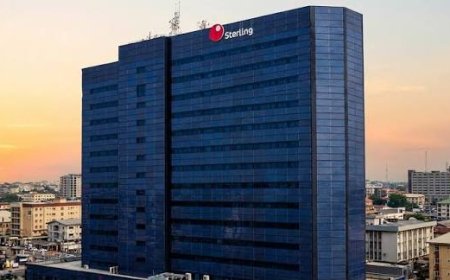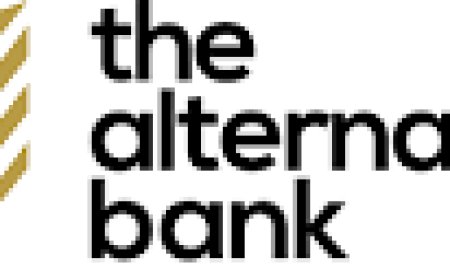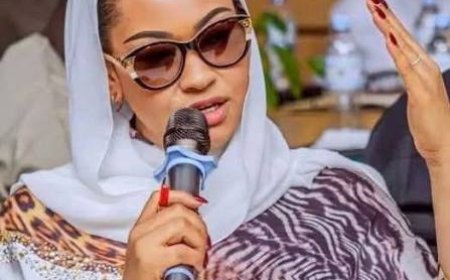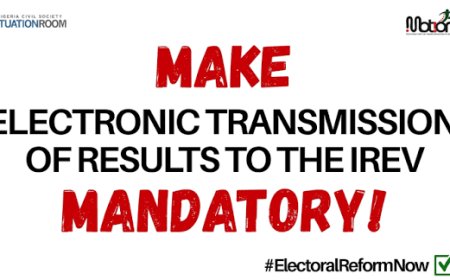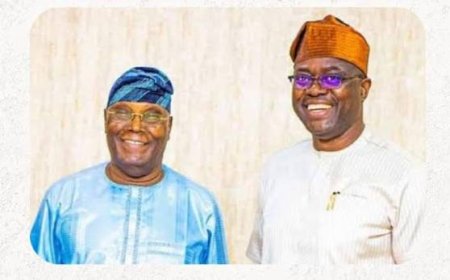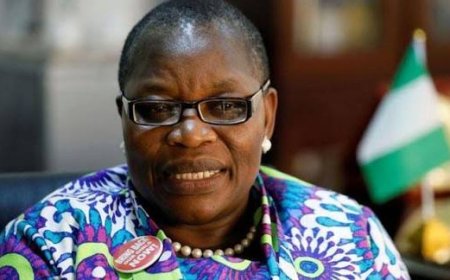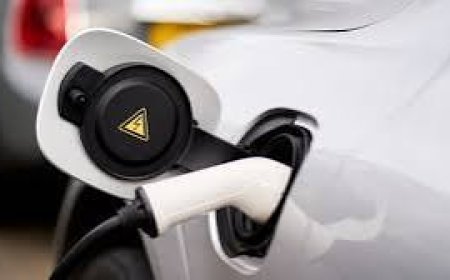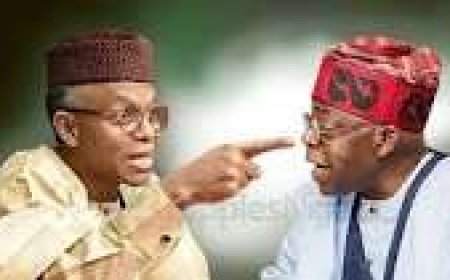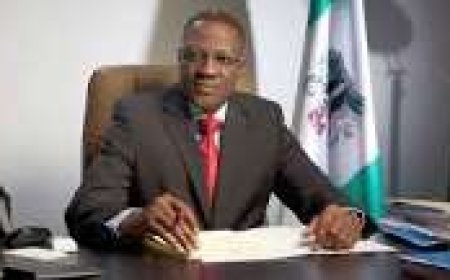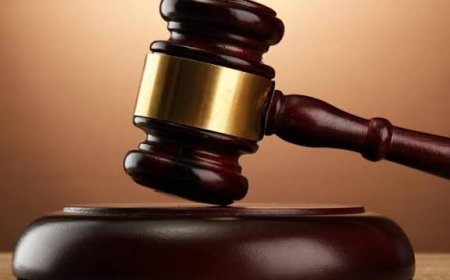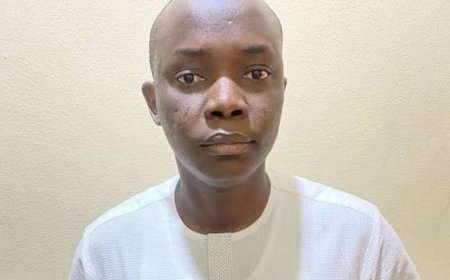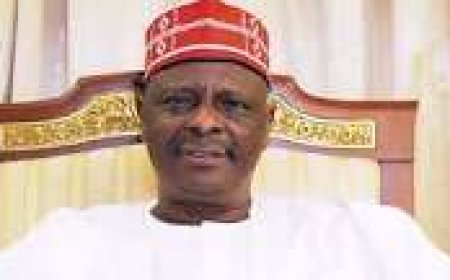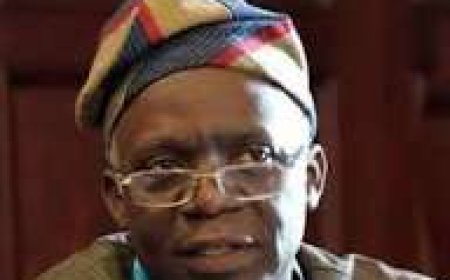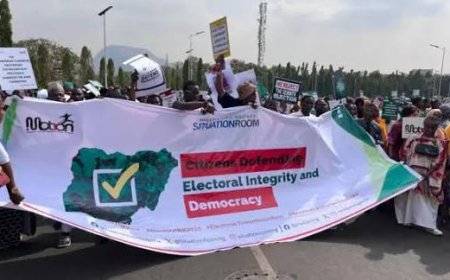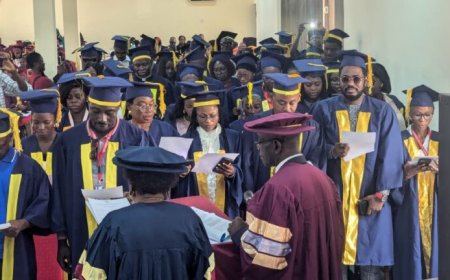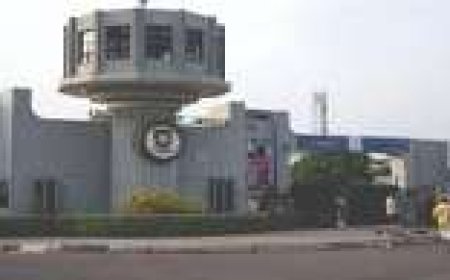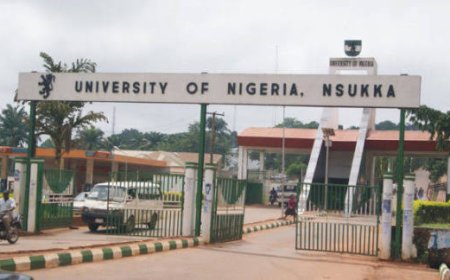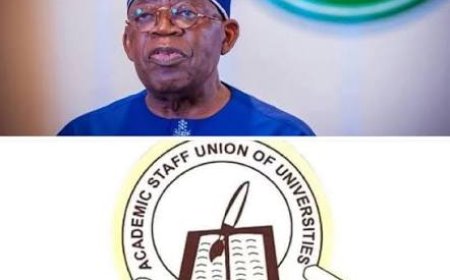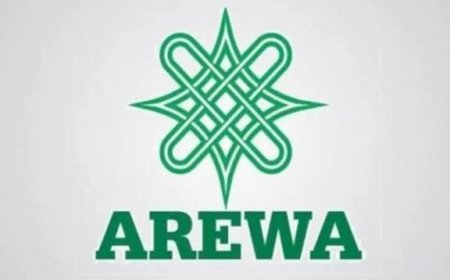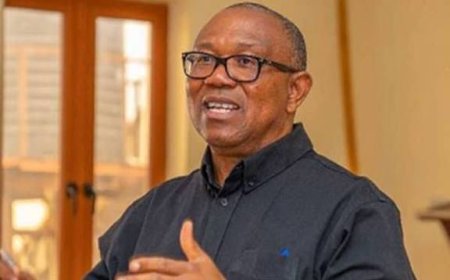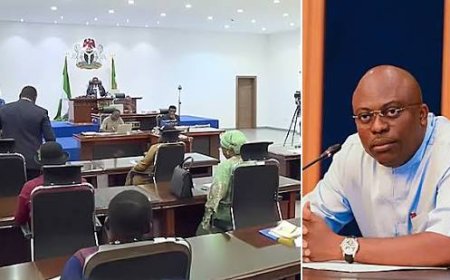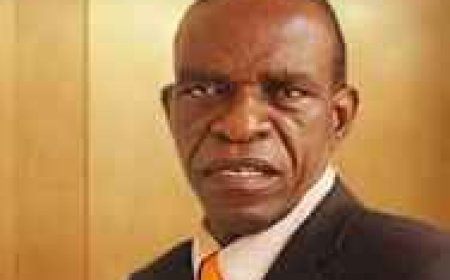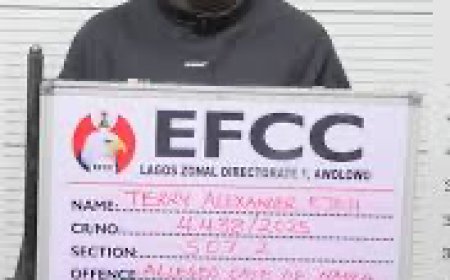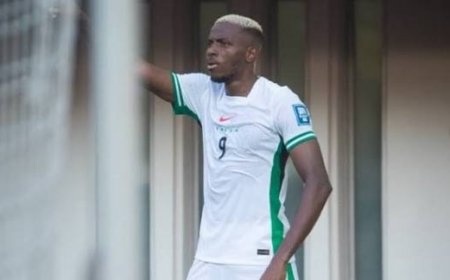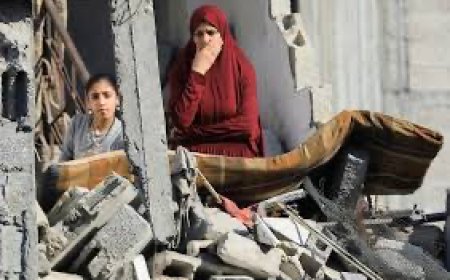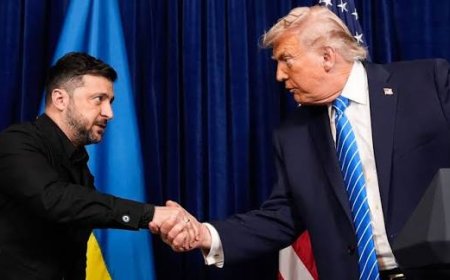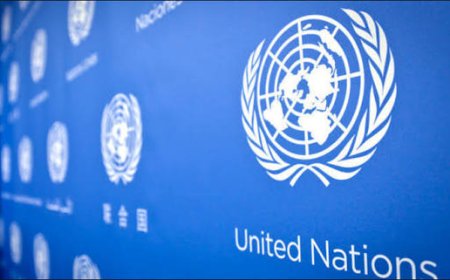Ivorian elections: West African Elders counsel against hate speech, urge issue-based campaigns
The West African Elders Forum (WAEF) has urged political actors and the media in Cote d'Ivoire to refrain from hate speech, misinformation, and inflammatory rhetoric ahead of the country's presidential election scheduled for 25th October 2025.
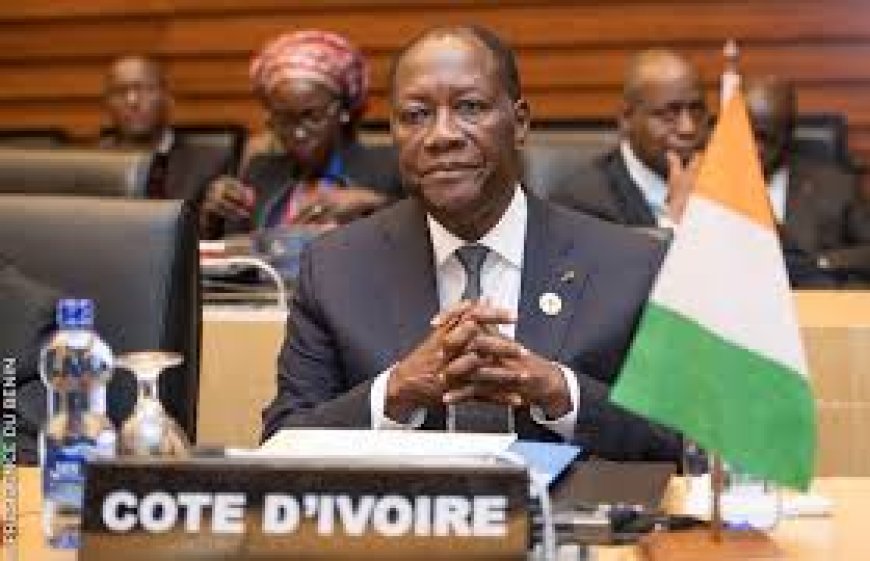
By Ikechukwu Eze
The West African Elders Forum (WAEF) has urged political actors and the media in Cote d'Ivoire to refrain from hate speech, misinformation, and inflammatory rhetoric ahead of the country's presidential election scheduled for 25th October 2025.
The Elders who made this known in a statement issued Friday in Abidjan after a five-day pre-election mediation mission to Cote d’Ivoire also encouraged Ivorians to prioritise dialogue to avoid election-related crises.
In the statement signed by the leader of the mission, former President of Benin Boni Yayi, WAEF encouraged all stakeholders to work together to uphold the vision of a peaceful, prosperous Côte d’Ivoire, and a stronger democracy in the West African sub-region.
Other members of the mission included Dr. Goodluck Ebele Jonathan, former President of the Federal Republic of Nigeria, Dr. Mohammed Ibn Chambas, former President of ECOWAS and former Special Representative of the United Nations Secretary-General for West Africa and the Sahel (UNOWAS), Prof. Adebayor Olukoshi, Board Member Goodluck Jonathan Foundation and the WAEF Secretariat led by Ms Ann Iyonu, the Secretary General.
The statement said: “The Forum calls on all political actors, media practitioners, and social influencers to refrain from using hate speech, disseminating misinformation, and employing inflammatory rhetoric. Elections must be contested based on issues, not division or incitement.”
The Elders’ also noted the willingness of some political actors to engage in meaningful dialogue and urged Ivorians to “maintain open lines of communication, deepen consensus-building efforts, and continue engaging in dialogue in the weeks leading up to the elections.”
The statement further said: “We recognise the efforts being made by the Independent Electoral Commission (CEI) and security agencies for their efforts to ensure a credible process and urge them to do more to sustain public communication, transparency and trust. We also appreciate the Constitutional Council for its pivotal role in upholding constitutionalism and safeguarding the rule of law.
WAEF charged the youth to channel their energy towards constructive participation and peaceful engagement to preserve the gains of the present and build a future worthy of your aspirations, advising them not to submit themselves to be exploited as instruments of communal violence, hatred and instability.
The also Forum commended “Côte d’Ivoire for its notable economic progress over the past few years and urges that this be matched by commensurate level of political maturity and credible electoral processes. The country should continue to make efforts to finally bring to an end the recurrent pattern of conducting elections under tense and uncertain political climates. Côte d’Ivoire must seize the moment to entrench a culture of peaceful political transitions and reinforce national cohesion. WAEF reaffirms its commitment to accompany Côte d’Ivoire throughout the electoral process, offering its good offices where needed to build consensus and reinforce democratic resilience.”
Cote d’Ivoire, the elders noted, “has a unique opportunity to build on the lessons of the past and consolidate its progress. Let us work together to uphold the vision of a peaceful, prosperous Côte d’Ivoire, and a stronger democracy for the benefit of both current and future generations in this country and in the entire subregion.”
During the mission, the delegation met with key stakeholders, including the Vice President of the Republic of Cote d’Ivoire, the President and members of the Constitutional Council, the Presidents and members of the Independent Electoral Commission (CEI), political parties and their Presidential Candidates, the Minister of Interior and Security and civil society organisations.
What's Your Reaction?








